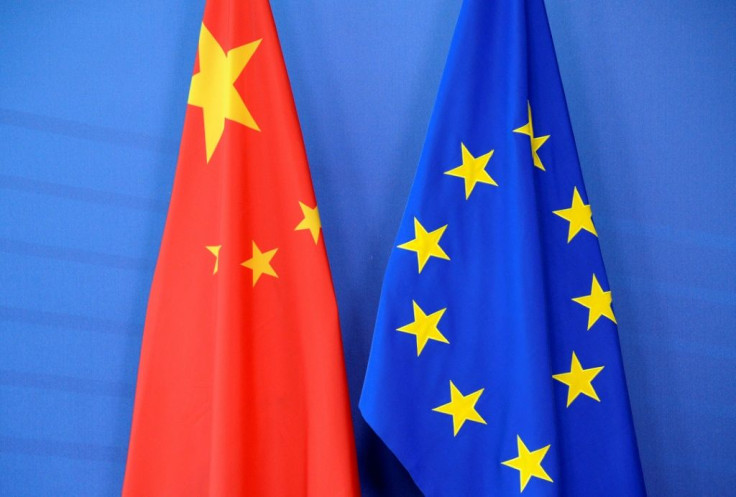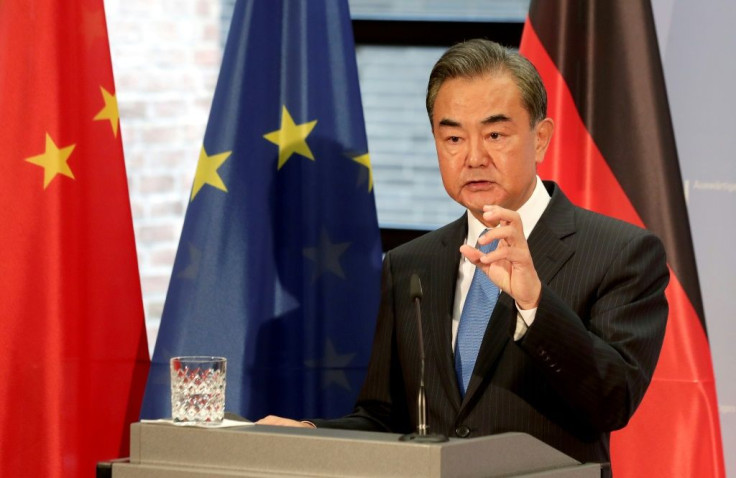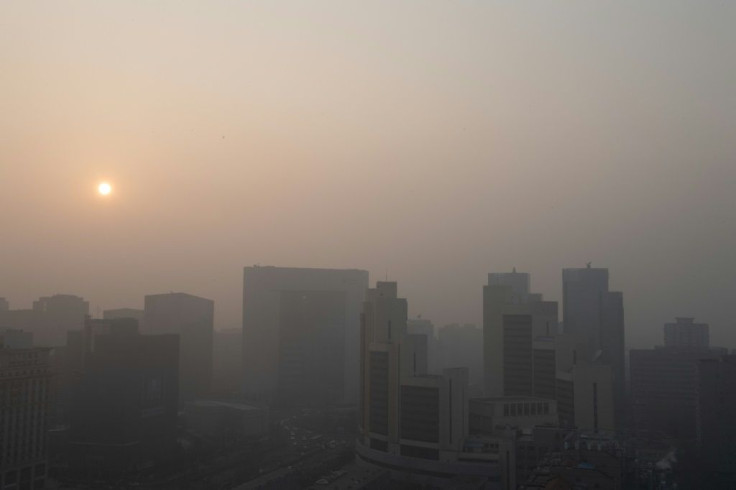EU Urges China To Grant Xinjiang Access, Warns On Trade
The EU urged China on Monday to let independent observers into its troubled Xinjiang region and warned Beijing it must make concessions if it wants to agree a major investment deal with the bloc.
The call came during video talks between EU chiefs and Chinese President Xi Jinping largely focused on trade and climate change.
China has rebuffed past calls to grant independent access to Xinjiang, the resource-rich northwestern region where Beijing is accused of orchestrating widespread rights abuses against the region's Muslim Uighur population.
"We reiterated our concerns over China's treatment of minorities in Xinjiang and Tibet, and the treatment of human rights defenders and journalists," EU Council President Charles Michel said.

"We asked for access for independent observers to Xinjiang and we called for the release of the arbitrarily-detained Swedish citizen Gui Minhai and two Canadian citizens."
Rights groups, academics and journalists have documented a harsh crackdown against Uighur and Kazakh Muslims in Xinjiang, including mass internments, enforced sterilisations, forced labour as well as intense religious and movement restrictions.
Activists say roughly one million Uighurs and others have been incarcerated in brainwashing camps, though Beijing describes them as vocational training centres and says it is seeking to provide education to reduce the allure of Islamic radicalism.
At Monday's virtual meeting, which replaced a cancelled full summit with all 27 EU leaders, the Europeans also pressed Xi on Hong Kong, where the West says Beijing is attacking the city's historic freedoms.

"The national security law for Hong Kong continues to raise grave concerns. The EU and our Member States have responded with one clear voice -- democratic voices in Hong Kong should be heard, rights protected, and autonomy preserved," Michel said.
The two sides have been negotiating a comprehensive investment agreement for seven years, but the EU side warned China "urgently" needed to make concessions on market access and sustainable development if a deal was to be struck.

European Commission president Ursula von der Leyen said European investors were facing too many barriers in key areas such as emerging digital technologies.
"With market access it's not a case of meeting halfway but it's a question of rebalancing the asymmetry," she told reporters.
"We need China to move on these two issues and we need it to move if we are to achieve our shared objective of finalising negotiations this year.
"China has to convince us that it is worth having an investment agreement."
China says a deal can be agreed this year, but EU officials and insist they will not swallow unfavourable terms simply to conclude the talks.
Brussels wants to reinforce respect for intellectual property, to end obligations to transfer technology and to reduce subsidies for Chinese public enterprises.
The meeting came as ties between China and the US deteriorate, with both sides locked in fierce recriminations over trade disputes, human rights and the origins of the coronavirus pandemic.
Washington and Beijing have imposed curbs on each other's diplomats, after another tit-for-tat move in July when the two governments ordered the closure of consulates in Houston and Chengdu.
Both sides have sought to enlist the EU in their spat and, during a visit to Brussels by US Secretary of State Mike Pompeo in June, EU diplomatic chief Josep Borrell mooted talks to forge a common transatlantic front against China.
But Brussels has sought to follow a middle path, and Michel said it was important that Europe be "a player, not a playing field".
The European Union has struggled for unity in the face of China's increasing global assertiveness under Xi, with some member states urging a tougher stance on rights and the environment, and others wanting to boost trade.





















